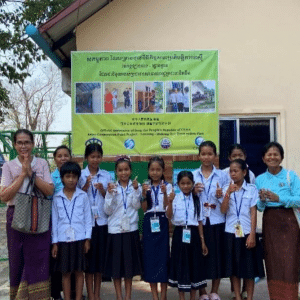In the wake of the state college entrance examinations, Du Na (not her real name) is in despair despite having received an aggregate score of 598, 70 points higher than the entry cut-off scores of the top-tier colleges. Her parents not being in possession of a Yunnan hukou and not having made social security contributions to the province for a minimum of six years, she is barred under new Yunnan provincial government regulations from applying to first-tier colleges, and is only allowed to apply for places at third-tier or specialised community colleges. This is despite her having studied from primary school through to high school in Yunnan, her own hukou being in Yunnan, and the fact that her parents are willing to pay six years’ worth of social security contributions in compensation.
Her case is not unique. Similar restrictions have also been imposed in Beijing, Guangzhou and Hainan among other provinces. The official line is that these restrictions are imposed to prevent migrant children from taking advantage of lower standards in other provinces to achieve a higher aggregate score. Also, such measures would safeguard the education rights of those who have made contributions to the Yunnan province.
Experts say, however, that these restrictions are too vague and arguably unreasonable; the social security contribution system has only been implemented over the past few years, and in a few cities like Beijing and Shanghai, migrant workers are not allowed to opt into the social security contribution system. If the social security contribution requirement is to act as proof of the migrants’ contribution to the provinces, tax records would arguably bear greater testament to this instead. Also, the regulations are too vague to provide for Du Na’s case, since she is barred from applying even though she is arguably a product of Yunnan’s own education system, having studied there for so many years.
Translation by Ming Lee.



